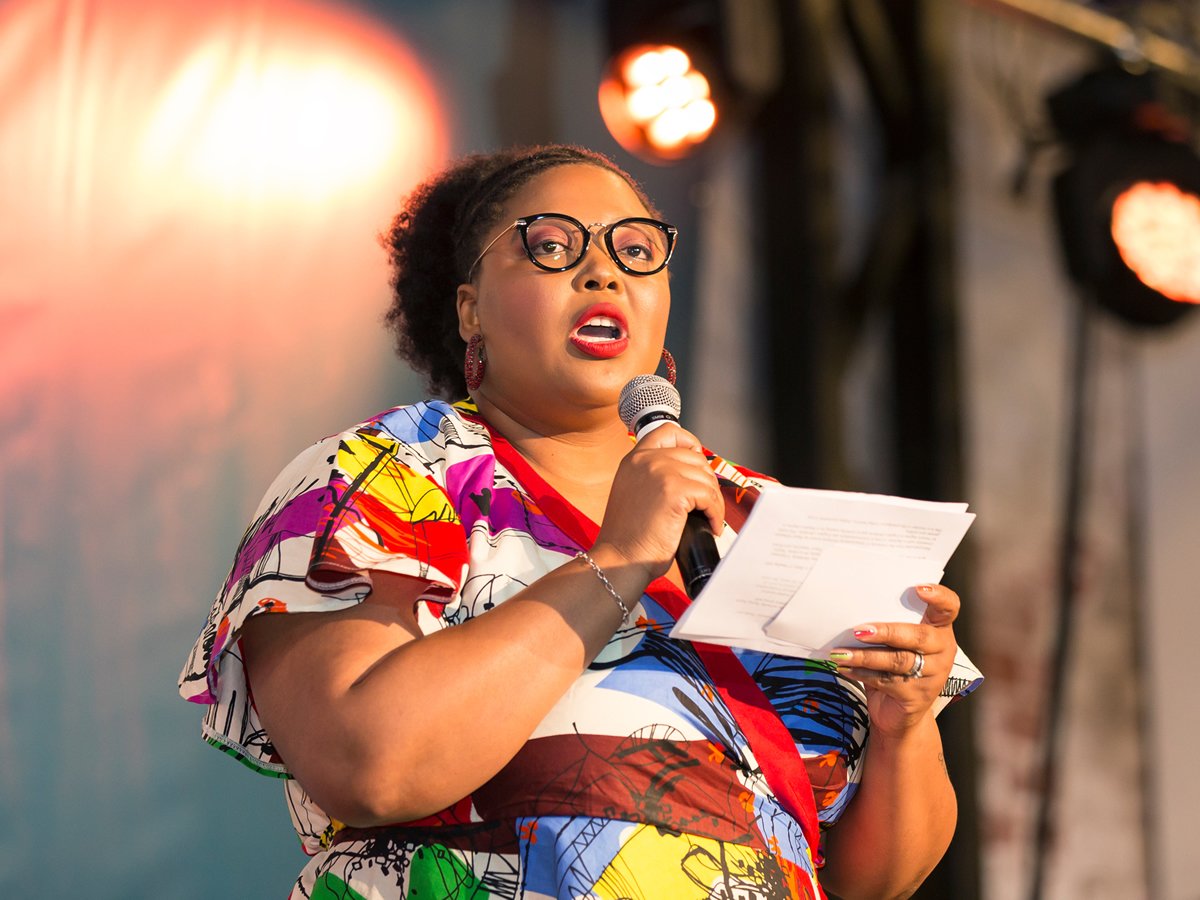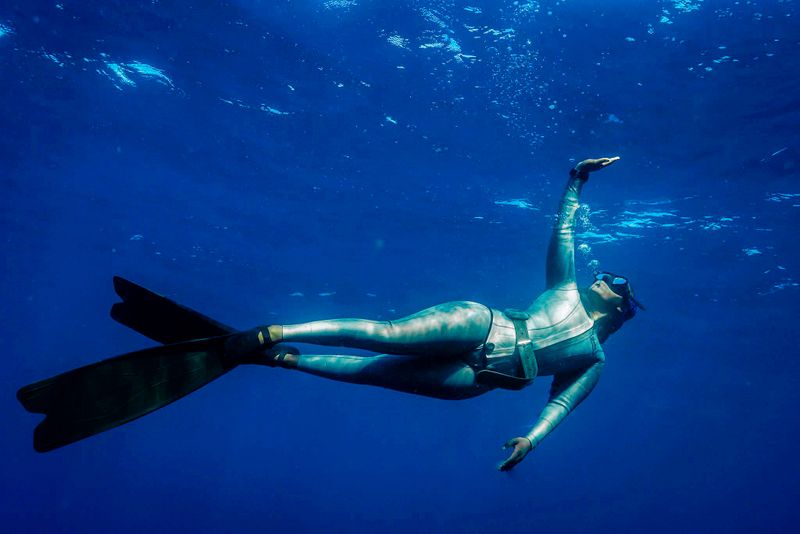SMag’s inaugural Women of the Year issue lands tomorrow. The edition honours and celebrates seven influential leaders in different industries. They are Lamiez Holworthy (entertainment), Dr Tlaleng Mofokeng (health), Ntsiki Biyela (business), Tshiamo Modisane (fashion & beauty), Hloni Modise (media), Zandile Ndhlovu (sports) and Asanda Sigigaba (education). These women inspire, break new grounds, represent excellence and they make us proud all year round. Here are highlights from them:
Holworthy on posing topless for SMag: “It took me a while to get to this place. I wasn’t always this comfortable in my skin. I wasn’t always as free as I am. I allowed society and the world to get into my head. I allowed them to [make me] feel like I wasn’t enough. I allowed people to make me feel uncomfortable for being not only a human but also a woman… I have reached a point where I’ve fallen in love with what I see in the mirror and the woman my mom gave birth to. But I’ve also had to fall in love with the woman I’ve designed.”
Mofokeng on a happy and healthy sex life for women: “… I think there needs to be a focus on pleasure, because to have pleasurable sex you need to understand that sex by definition has to be consensual, and there is no pleasure without consent. Consent is a human right – you have a right to consent to what happens to your body and you have a right to say who touches you when or not.”

Biyela on becoming SA’s first black woman winemaker in 2016: “I knew I was going to start my own company while I was in varsity, I just didn’t know what business it would be… I knew I wanted to build something from scratch and see it grow, especially for legacy purposes.”
Modisane on blazing a trail in the beauty and fashion industry in terms of gender-nonconforming representation: “After losing my mother in 2017, I realised that I had spent all my years trying to make her happy. It wasn’t that she’d asked me to but, as a child, we always want to honour our parents. Yet the truth is that when we honour ourselves, we honour our parents. When my mom died the last thing she said to me was, ‘I’m proud of who you are and how you’ve lived your life.’”
Sigigaba on the change she wants to bring as a teacher: “My purpose as a teacher is to work with students so they can make sense of their lives, discover who they are, together with other learners, and realise that there’s more for them to achieve regardless of their circumstances, community and province, but one needs to have a dream and be willing to work hard without losing focus.”
Modise on going independent as a music publicist working with Dr Tumi, Caiphus Semenya, Letta Mbulu and Karabo Mogane: “The first year was hard, and things went south. Everything that could go wrong did, and I took that failure very badly. That pushed me into a depression, because I felt as though I’d failed the young black girls who come after me.”
Ndhlovu on being SA’s first black African free-diving instructor: “I grew up in Soweto, nowhere near the sea. The most I would see it was once or twice a year, when we went to visit my mom’s side of the family in the Eastern Cape. But even then we did nothing beyond splashing in the shallows. I didn’t learn how to swim until I was 15, and even then I did not learn traditionally. I taught myself how to swim.”









